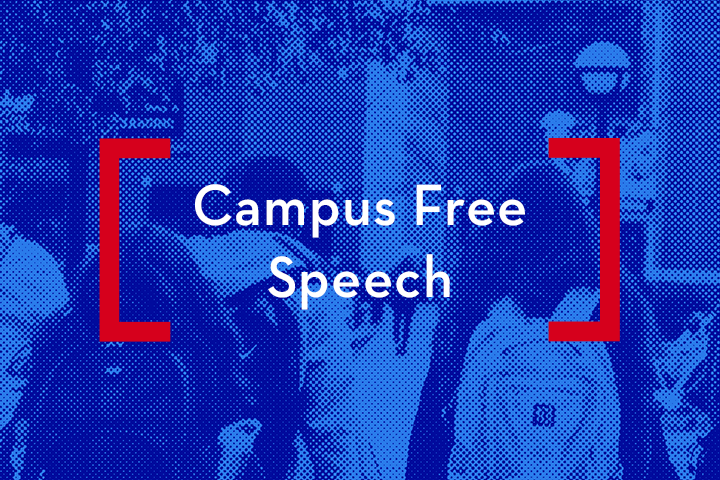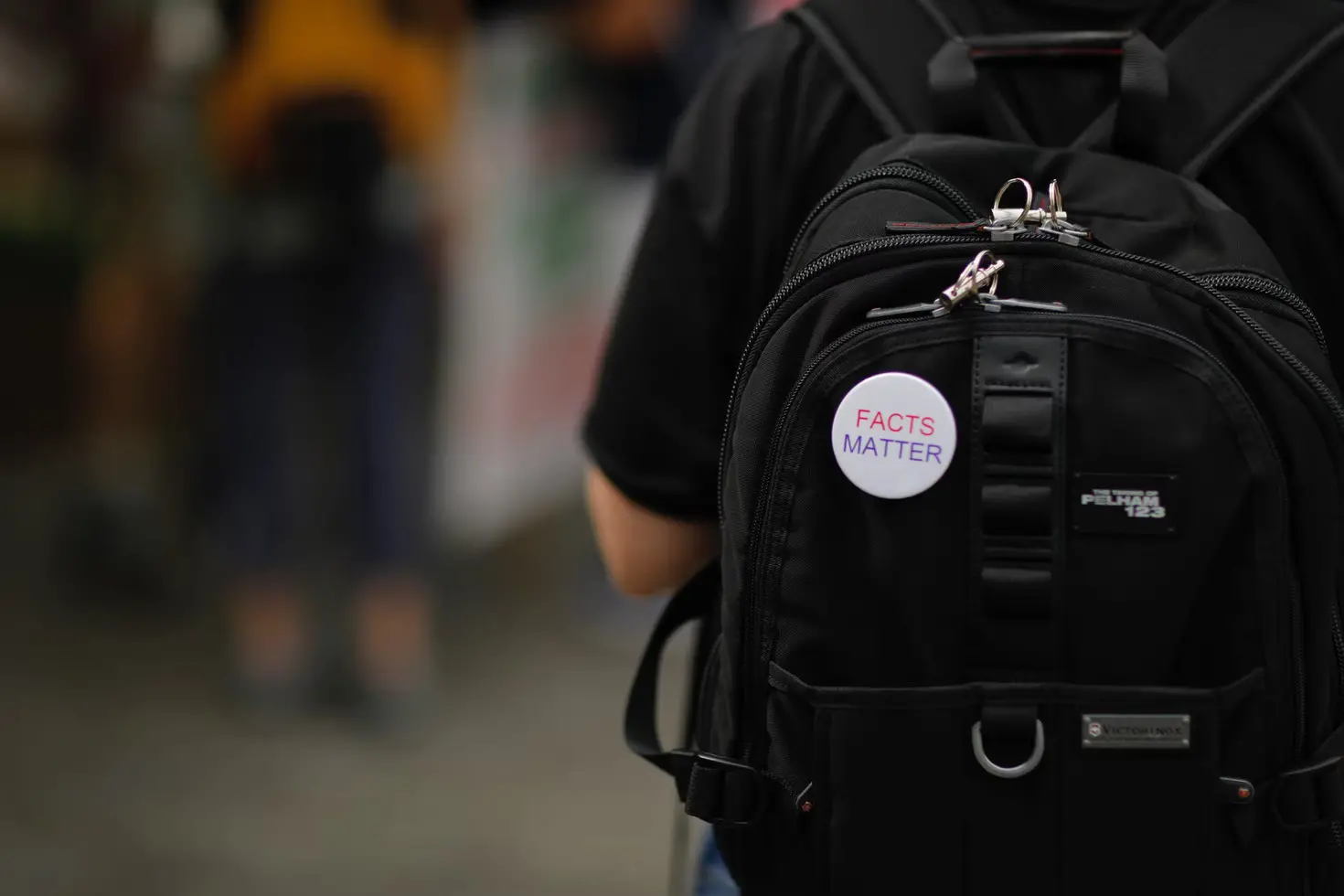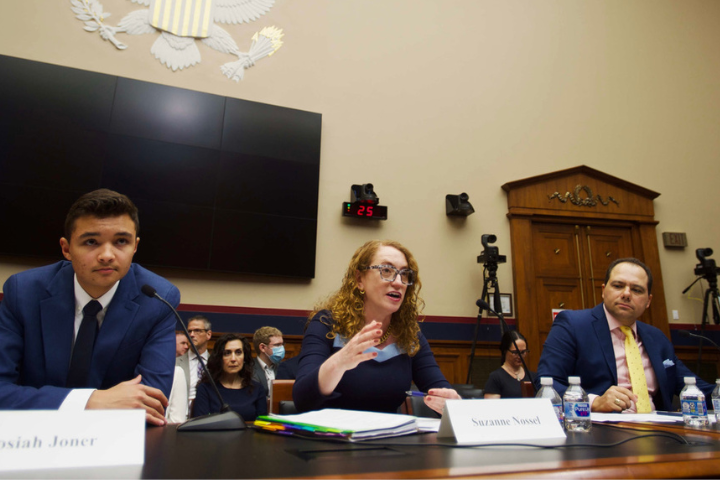In September 1969, the University of California Board of Regents fired activist and scholar Angela Davis from her position as a philosophy professor because of her stated membership in the Communist Party. At the time, the Los Angeles Sentinel reported that 25-year-old Davis characterized the firing as an attack that affects “the entire black community and the university and obviously is an attack on the autonomy of the university.” The University of California academic council unanimously opposed the termination and defended Davis’s right to be a member of the Communist Party, despite Gov. Ronald Reagan’s demands to fire her.In late October, a California Superior Court judge ruled Davis’s firing was illegal, and she was able to stay on the UCLA faculty. It was determined that the “mere membership” in the Communist Party was not grounds for firing. However, as historian Ibram X. Kendi has argued, Reagan then sought to find another reason to fire her.
In May 1970, despite her victory the previous fall, the regents fired Davis again. Instead of citing her communist affiliations, this time Reagan and the regents justified their action as simply not renewing her contract as a visiting assistant professor.
The attacks on Davis and state-level political interference were responses to the Black activism seen on college campuses across the nation with Black faculty, again, taking the worst of racist attacks on academic freedom.Elected officials headed these attacks and garnered widespread public support. This is eerily like current issues, and it raises numerous questions about academic freedom today.
Academic freedom remains valuable to higher education. The pursuit of truth is only possible when faculty are allowed to pursue uncomfortable topics. This is the case for a range of topics, not just those that confront the nation’s history with racism. However, if leaders will not defend scholars’ right to challenge racist norms, then no scholar of any topic — climate change, political critique or others — has true academic freedom.
Part of being a knowledgeable and engaged citizen is to know the history, whether it is good or bad. That makes defending academic freedom to discuss the truth about racism essential if academic freedom is to survive.





